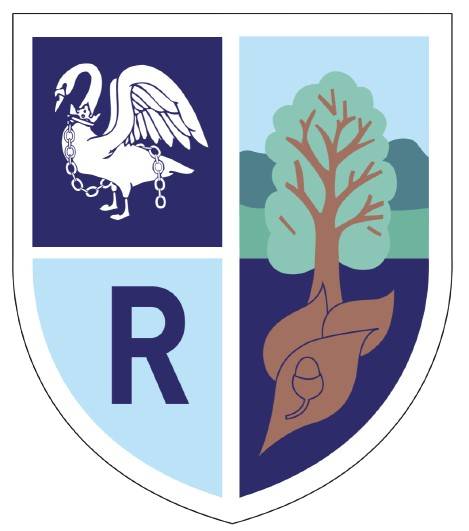Religious Education
Curriculum statement for Religious Education
At Robertswood School we follow the Buckinghamshire Agreed Syllabus for Religious Education (2022-2027). Over the course of their time at the school, children will learn principally about Christianity, Islam, Hinduism and Judaism plus Sikhism and non-religious beliefs such as Humanism and Worldviews. Topic coverage will also be adapted to reflect the faiths represented in any one year group to encourage inclusivity and to enable children to contribute based on their experience.
Intent
- It helps pupils understand the world they live in by developing their knowledge of different religions.
- It helps them to develop skills in recognising, handling and analysing the big questions and to make sense of life.
- It develops their ability to reflect on experience.
- It develops debating, reasoning, self-expression and self-understanding.
- It helps them develop an understanding of their identity.
- It helps develop their search for meaning, purpose and value.
- It helps our school enrich its sense of community and belonging.
- It also contributes to building positive relationships for learning and behaviour.
- It challenges children academically, personally, spiritually, morally and socially.
Implementation
Pupils learn about religions and beliefs which have influenced millions of lives and have influenced the development of different cultures.
- Pupils learn from their studies to inform their own thinking about identity, meaning and purpose in life.
- Pupils form ideas about how religious approaches can be helpful universally regardless of holding a belief.
At Robertswood School, children of any or no background are encouraged to explore their own and others’ understanding of the world. Children recognise that the purpose of RE is not to urge them to adopt a belief but to increase in knowledge about it and to consider if there might be any insight from it which could be useful for anyone, anywhere.
RE is another way in which the school promotes spiritual, moral, social and cultural development.
Structure of learning
Learning in RE takes a three-pronged approach looking first at the pupil’s experience of a subject, then secondly at how it is experienced in religious contexts and finally by reflecting on how learning might be useful universally. In this way, children start from their experience, learn about the experience of others and return to human experience in general to apply (or suggest how it might be applied) learning in a tangible, meaningful way.
